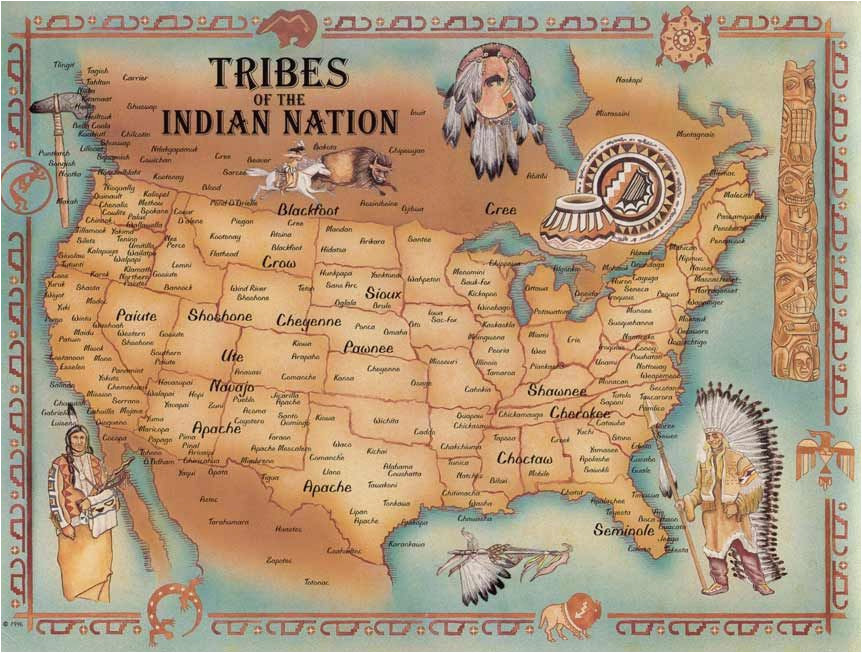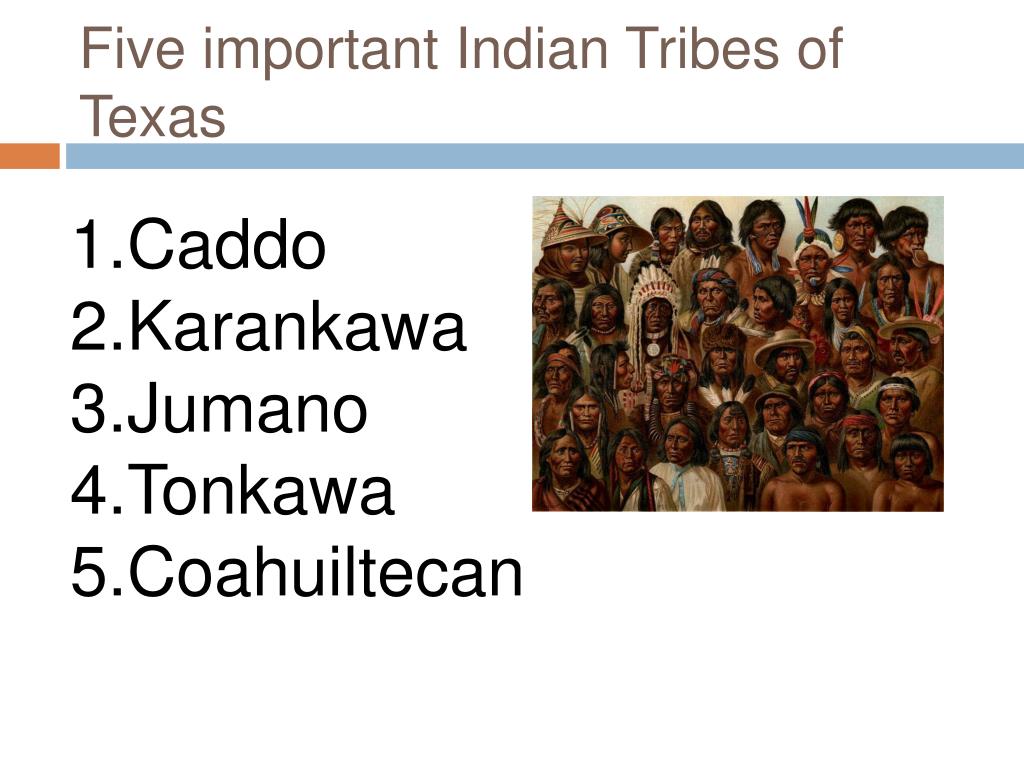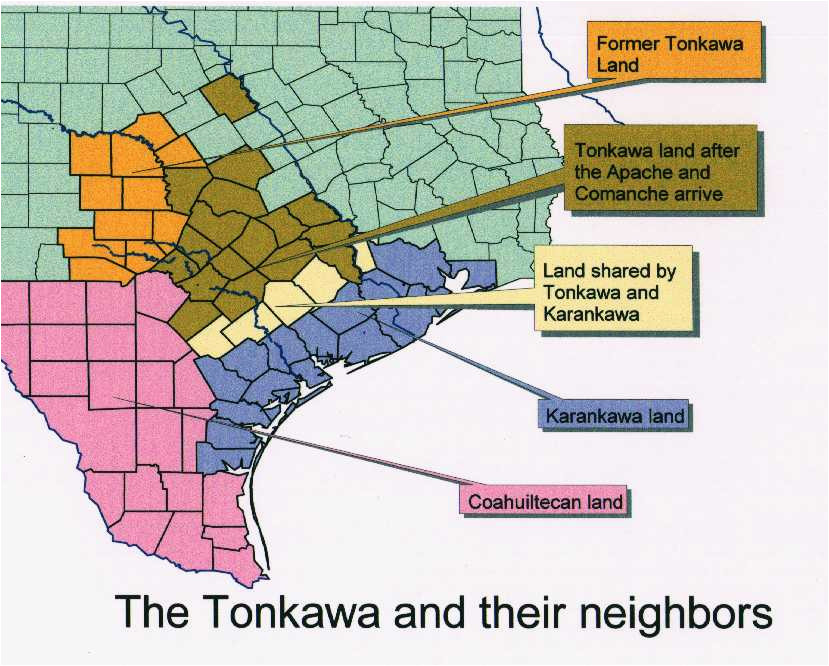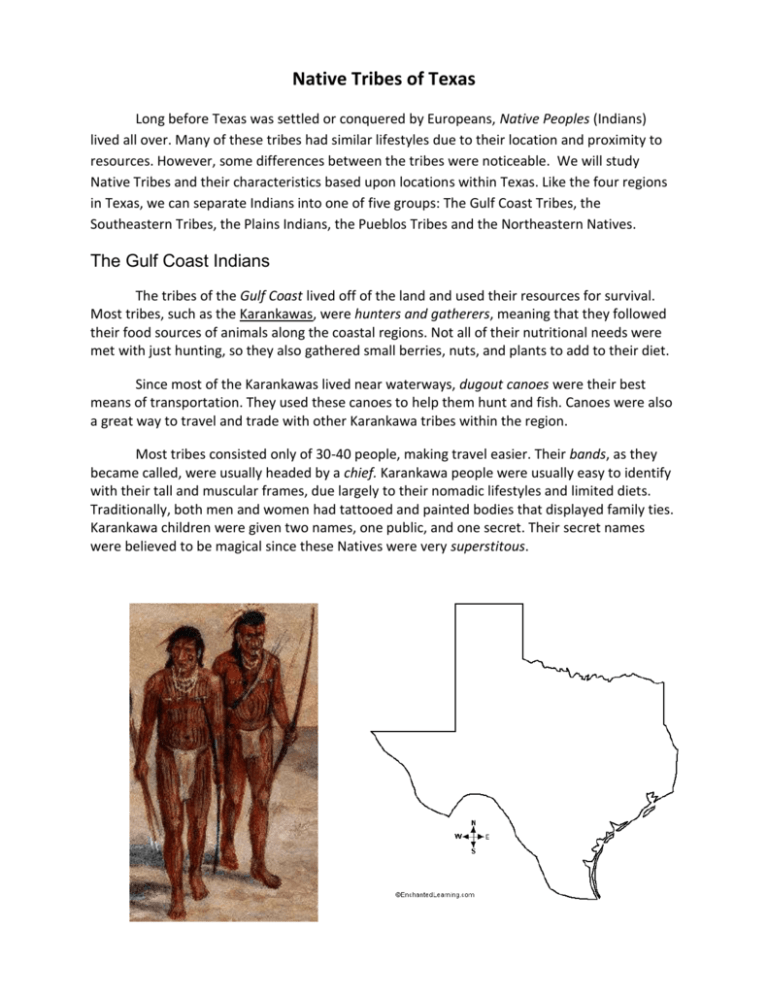Texas Tribes: A Journey Through Time and Tradition
Texas Tribes: A Journey Through Time and Tradition

The Lone Star State, with its vast landscapes and booming cities, is a land of contrasts. But beneath its modern veneer, Texas harbors a rich and vibrant history, deeply intertwined with the lives and cultures of its indigenous peoples. From the windswept plains of the Panhandle to the humid shores of the Gulf Coast, Texas has been home to a diverse array of tribes for millennia.
A Land of Many Nations
Related Articles: Texas Tribes: A Journey Through Time and Tradition
- Discover the Hidden Gems of Indian Reservations Near Buffalo, New York
- Unveil the Enchanting World of Indian Reservations in Florida
- Uncover the Truth: Will Indonesia Face Recession in 2023?
- Uncover hidden gems: A journey to indian reservations near Livingston, TX
- Unveiling the Largest Indian Tribe in America: Discoveries and Insights Await
Before the arrival of European settlers, Texas was a tapestry of distinct cultures, each with its own language, traditions, and way of life. The Caddo, with their sophisticated agricultural practices and elaborate ceremonial mounds, thrived in the eastern woodlands. The Comanche, known for their equestrian skills and fierce independence, roamed the vast prairies. The Apache, renowned for their adaptability and fierce resistance, carved out their own territory in the rugged mountains and deserts. And the Karankawa, living along the coast, were skilled fishermen and navigators, their culture intimately connected to the rhythms of the sea.
The Impact of European Colonization
The arrival of Spanish explorers and colonists in the 16th century marked a dramatic shift in the lives of Texas tribes. While some tribes, like the Caddo, initially engaged in trade and diplomacy with the newcomers, the relationship soon soured. The introduction of diseases, the encroachment on tribal lands, and the brutal slave trade all contributed to a devastating decline in indigenous populations.
The fight for survival became a constant struggle. The Comanche, for example, fiercely defended their territory against both Spanish and later, Anglo-American encroachment. Their raids on settlements, fueled by a desire to protect their way of life, became legendary. The Apache, known for their guerilla warfare tactics, also fiercely resisted the relentless pressure of colonization.
The Legacy of the Texas Tribes
Despite the hardships they faced, the Texas tribes left an indelible mark on the state’s history and culture. Their artistic traditions, including intricate beadwork, pottery, and basket weaving, continue to inspire contemporary artists. Their languages, though sadly endangered, still hold clues to the ancient stories and beliefs of these resilient people. And their spirit of independence and resilience continues to resonate in the Texan spirit.
The Modern Struggle for Recognition and Preservation
The fight for the rights and recognition of Texas tribes continues today. Despite the historical injustices they have faced, they are working to preserve their cultural heritage, revitalize their languages, and build a brighter future for their communities.

Here are some of the challenges they face:
- Federal Recognition: Many Texas tribes lack federal recognition, which limits their access to resources and opportunities.
- Land Rights: The loss of ancestral lands has had a devastating impact on tribal communities, disrupting their traditional way of life and limiting their economic opportunities.
- Cultural Preservation: The erosion of traditional knowledge and language poses a significant threat to the survival of tribal cultures.

The Importance of Understanding and Appreciation
Understanding the history and culture of Texas tribes is crucial to appreciating the rich tapestry of the state’s heritage. By recognizing their contributions, their struggles, and their enduring spirit, we can foster a more inclusive and equitable society.
Here are some ways to learn more and support Texas tribes:
- Visit tribal museums and cultural centers: These institutions offer a glimpse into the vibrant traditions and history of Texas tribes.
- Attend cultural events and festivals: These events provide opportunities to experience tribal arts, crafts, music, and dance firsthand.
- Support organizations working to preserve tribal cultures and languages: These organizations play a vital role in ensuring the survival of tribal heritage.
- Educate yourself about the history and current issues facing Texas tribes: There are many resources available online and in libraries that can help you learn more.

The future of Texas tribes is intertwined with the future of the state itself. By embracing their heritage, we can build a more just and equitable society that honors the rich cultural tapestry of Texas.
FAQ About Texas Tribes
1. How many tribes are there in Texas?
There are currently 7 federally recognized tribes in Texas:
- Alabama-Coushatta Tribe of Texas
- Apache Tribe of Oklahoma
- Caddo Nation of Oklahoma
- Cherokee Nation of Oklahoma
- Citizen Potawatomi Nation
- Comanche Nation
- Kiowa Tribe of Oklahoma
2. What are some of the challenges faced by Texas tribes today?
Texas tribes face a range of challenges, including lack of federal recognition, loss of ancestral lands, cultural preservation, and economic development.
3. How can I learn more about Texas tribes?
You can learn more about Texas tribes by visiting tribal museums and cultural centers, attending cultural events and festivals, supporting organizations working to preserve tribal cultures and languages, and educating yourself about their history and current issues.
4. How can I support Texas tribes?
You can support Texas tribes by visiting tribal businesses and cultural centers, attending their events, donating to organizations working to preserve their heritage, and advocating for their rights.
5. What is the significance of Texas tribes to the state’s history and culture?
Texas tribes have played a significant role in shaping the state’s history and culture. Their traditions, languages, and art continue to inspire and enrich Texan life.
6. What are some of the unique cultural traditions of Texas tribes?
Texas tribes have diverse cultural traditions, including storytelling, beadwork, pottery, basket weaving, dance, music, and ceremonies.
7. What are some of the important historical events related to Texas tribes?
Important historical events related to Texas tribes include the arrival of European colonists, the struggle for survival against encroachment, the removal of tribes from their ancestral lands, and the ongoing fight for recognition and rights.
8. What are some of the current efforts to preserve Texas tribal cultures?
Efforts to preserve Texas tribal cultures include revitalizing languages, documenting traditional knowledge, supporting cultural events and festivals, and creating educational resources.
9. How can I help ensure a brighter future for Texas tribes?
You can help ensure a brighter future for Texas tribes by supporting their efforts to preserve their cultures, advocate for their rights, and educate others about their history and contributions.
10. What is the future of Texas tribes?
The future of Texas tribes depends on the continued efforts to preserve their cultures, languages, and traditions, as well as on the recognition and support of their rights and needs.
Texas tribes are an integral part of the state’s history and culture. Their resilience, traditions, and spirit continue to inspire us all. By understanding and appreciating their heritage, we can build a more inclusive and equitable society for all.

Closure
Thus, we hope this article has provided valuable insights into Texas Tribes: A Journey Through Time and Tradition. We thank you for taking the time to read this article. See you in our next article!